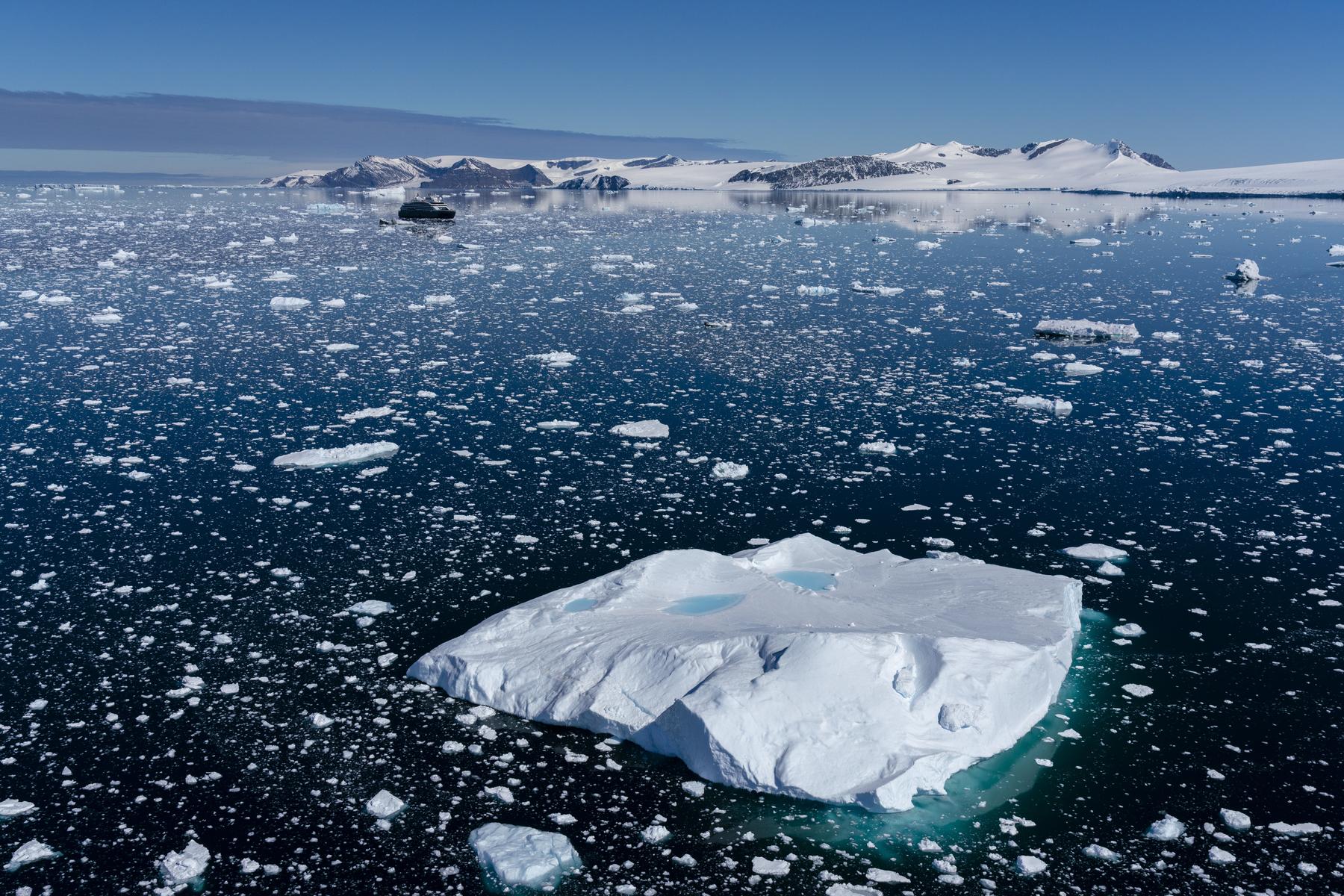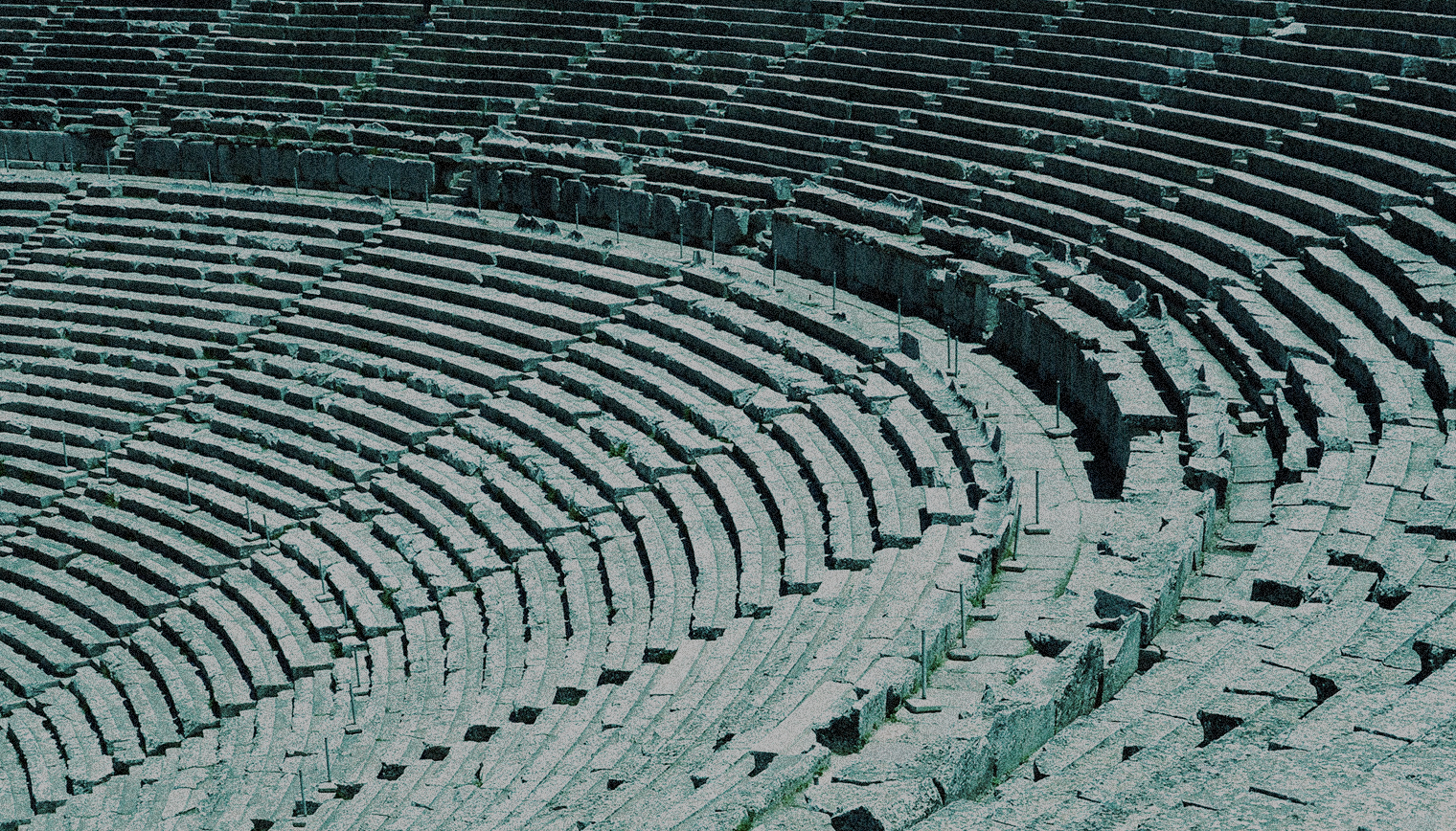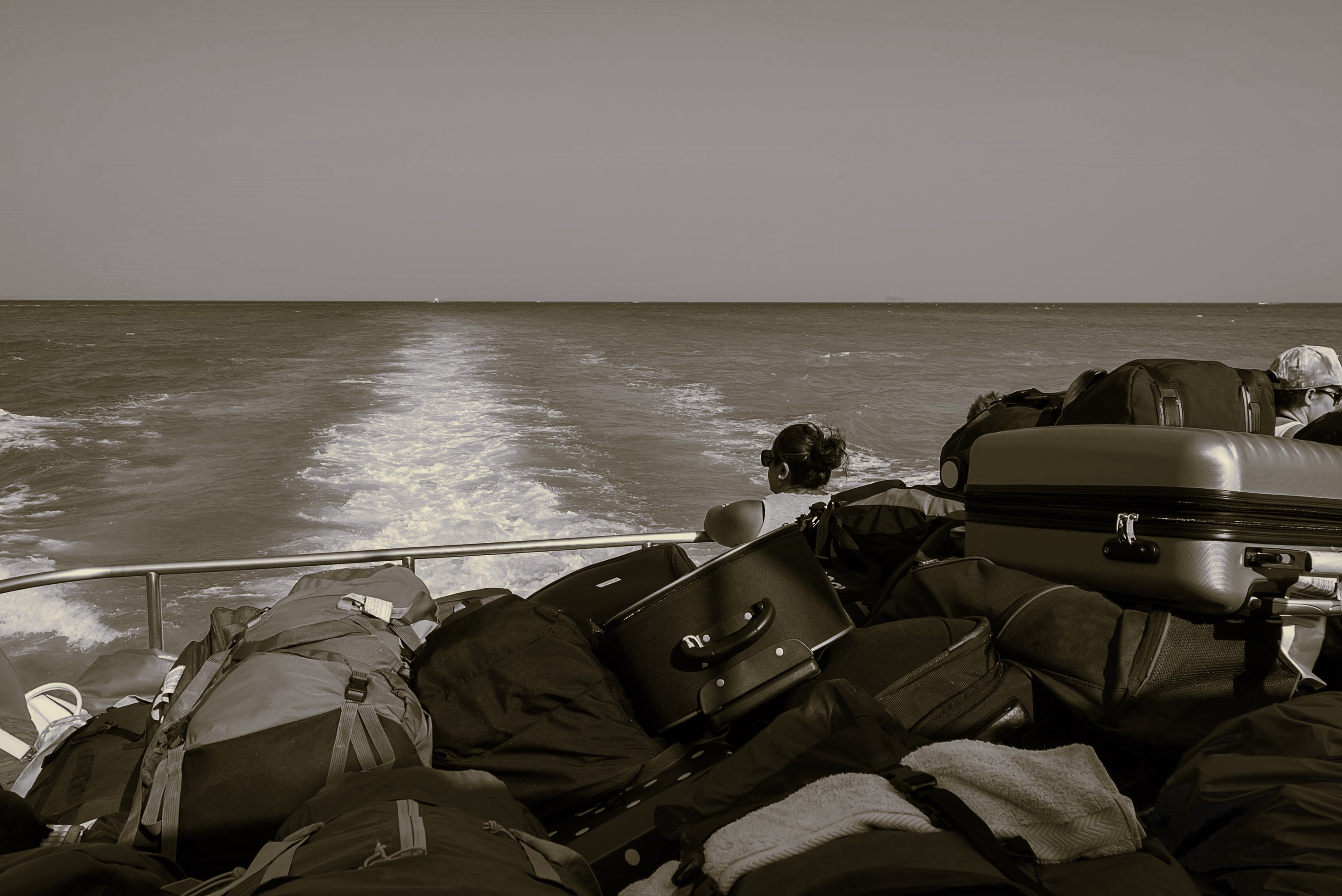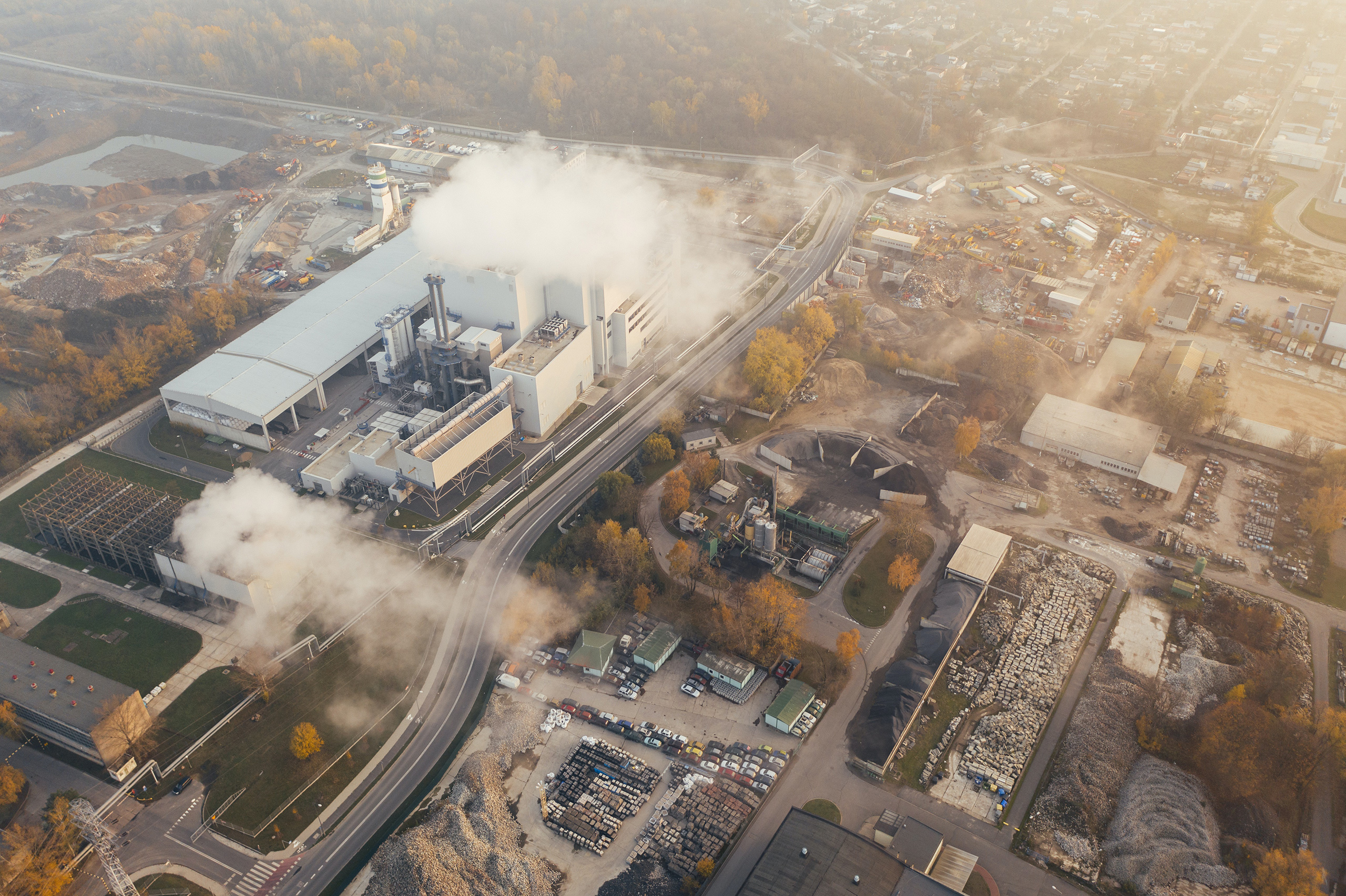SNF Dialogues
DIVERSE OPINIONS NEW WAYS OF THINKING
DIVERSE OPINIONS NEW WAYS OF THINKING
Curated & Moderated by:
Anna Kynthia Bousdoukou
Anna Kynthia Bousdoukou
Topics
Tuesday 06 June 2023
Carlo Barbante, Director of Italy's Institute of Polar Sciences informs us about the state of Antarctica’s ice sheets amidst massive floods, megafires and extreme weather events across the globe.
Topics
Friday 02 February 2024
Professor Dave Goulson discusses the catastrophic implications of a total insect collapse and tells us what we can do to stop it.
Discussions on demand
1:40'
Roof of the National Museum of Contemporary Art (EMST)
The SNF Dialogues hosted a discussion on the timeless links between politics and ancient drama, as well as the pertinent messages they still offer till this day.
The Queen Theater, Wilmington, Delaware
Has politics become a commodity? In an era saturated with political advertisement, the SNF Dialogues explored the repercussions of the commercialization of politics and the evolving role of citizens within this framework.
Stavros Niarchos Foundation Library (SNFL) in New York
The SNF Dialogues hosted a public speaking event that underscored libraries’ vital role in promoting civic engagement and strengthening democracy, at the Stavros Niarchos Foundation Library in New York.
TOPICS
TOPICS
Through podcasts, videos, and multimedia content of all kinds, the SNF Dialogues explore different angles and shed light on the issues that define us all.
OPINIONS
OPINIONS
Speakers, experts, and citizens share their knowledge and experience on every possible field of science, culture, or just everyday life, keeping the Dialogue alive.
Contempt: The Overlooked Challenge of Our Time
Timothy Shriver
Global warming is not an exclusively contemporary phenomenon
Niki Evelpidou
Dialoguers

Timothy Shriver
Chairman, Special Olympics International
To treat another with dignity is to recognize that no matter how much we may disagree and no matter how painful our relationships may have become, we can still recognize the worth of the other. Contempt demeans and destroys; dignity uplifts and heals.

Irene Mulvey
AAUP Immediate Past President; Professor Emerita of Mathematics, Fairfield University
We in the Higher Ed community have not done a good job in explaining the value and the importance of the university. It’s not just good to have in a democracy; It is a pillar of democracy, and when you undermine it, you are threatening democracy.
Appears on:
59
The Role of Universities in Modern Democracy

John Tomasi
President, Heterodox Academy
A wider range of political viewpoints expressed intelligently on campus, aiming for truth - that would be a better situation than when there’s less viewpoint variety.
Appears on:
59
The Role of Universities in Modern Democracy

John Holmwood
Emeritus Professor of Sociology, University of Nottingham
Part of the problem is how the university is being constructed in the public imagination and that’s very different from the way the university is in terms of the experience of most students.
Appears on:
59
The Role of Universities in Modern Democracy

Luke McDermott
External Vice President, Association of Students of the University of Nebraska; Chairman, Husker Vote Coalition
Universities have become much more corporatized over the years, and they see disruption as an interruption of the product that students are buying, instead of a supplement to the experience that they are living in.
Appears on:
59
The Role of Universities in Modern Democracy

Anna Oakes
Multimedia journalist, Graduate student, Columbia Journalism School
Τhere’s been a sense of a real disruption of the fragile trust between students and the administration (during the student protests at Columbia University).
Appears on:
59
The Role of Universities in Modern Democracy

Jonathan Pinckney
Assistant Professor of Political Science, University of Texas
A robust civic education initiative builds understanding of how democratic backsliding works, can dispel incomplete or inaccurate views of democracy and inform students of the importance of institutional constraints.

Amy Binder
SNF Agora Professor of Sociology at Johns Hopkins University
Colleges and universities should seek to enhance civic engagement and inclusive dialogue among all of their constituents and accentuate research with direct, real-world impacts. They must welcome faculty, students, and outside partners from a wide range of ideological perspectives and social backgrounds. They should seek to be forums for debate, disagreement, and deliberation.

Sigal Ben-Porath
Presidential Professor of Education & Director of SNF Paideia at the University of Pennsylvania
To preserve and strengthen our democracy we need to make room for emotions in politics, but not to give up our agency and our capacity to control the decisions that each of us makes.
Appears on:
58
Consumers or Citizens

Hahrie Han
Inaugural Director of the SNF Agora Institute at Johns Hopkins University
Democracy is something you do, not something you have. Right now, we are treating it like something we have.
Appears on:
19
Talking (and Listening) Across Divides,
33
The Interplay between Technology and Democracy: Pοtential and limitations,
37
Τhe Power of Dialogue,
55
Reconnecting in a Fractured Political Landscape,
58
Consumers or Citizens,
59
The Role of Universities in Modern Democracy

Mark McKinnon
Political Analyst & Media Producer
The problem is that the tools we have now amplify anonymity and encourage warfare like we have never seen before. We become tribal for lots of different reasons. The problem is that if people cannot agree on facts, how can they even have a discussion?
Appears on:
58
Consumers or Citizens

Jennifer Palmieri
Political and Communications Strategist, Senior Advisor at Emerson Collective
The problem is trust and with disinformation and just the internet it’s so easy for people to bind to disinformation, which is really bad for democracy. The problem for democracy is that authoritarian leaders want you to believe that nothing matters and think that you can’t trust institutions.
Appears on:
58
Consumers or Citizens

Timothy Shaffer
SNF Ithaca Director and Stavros Niarchos Foundation (SNF) Chair of Civil Discourse in the Biden School of Public Policy and Administration, University of Delaware
Where is that line [between citizenship and journalism]? It is that sense of professional expectations of what it means to be a journalist. But I would almost flip it; how much do journalists think of themselves as citizens? How do we enable or support professionals to see themselves in a civic way?
Appears on:
56
Spectators or Citizens?,
58
Consumers or Citizens

Anthony Marx
President of The New York Public Library
It is the symbolic power that people experience, of being welcome, without any papers, without any credentials, respected, in a space that is majestic. When I started this job, somebody said to me: ‘Oh that’s where the homeless go’. We should be proud of that, that’s where everyone can go: the Nobel laureates, the homeless, and everyone in between.
Appears on:
57
Beyond Books: How libraries can serve the public

Ares Kalandides
Urban scholar and Academic Advisor at New York University, Berlin
We need to understand libraries, books and knowledge as a public good. Public goods are under a very serious threat. And as an urban planner, I also see libraries as a public space. A public space does not need to be an open space. It can be, but that’s not the idea. The library has two characteristics; it’s open for everybody and it’s free, you don’t have to consume.
Appears on:
44
The Return to Public Space,
57
Beyond Books: How libraries can serve the public
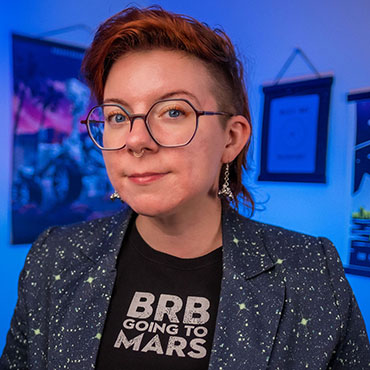
Tanya Harrison
Co-Founder and Director, Earth and Planetary Institute of Canada
People tend to assume that the struggles that we're going to run into with sending humans to Mars are technological. Can we feed them? Can we keep them warm? Can we keep them healthy? But I don't think we fully understand what the mental impact will be.

James Giordano
Professor of Neurology, Biochemistry and Ethics at Georgetown University Medical Center, Washington DC USA
It is critical to discern science fact from science fiction, and to define the actual capabilities, and limitations of both brain-computer interfacing technologies, and of those individuals and groups that are engaged in their development, use, and regulation.

Darren Lilleker
Professor of Political Communication at Bournemouth University
Digital technologies allow everyone to have a voice to some extent. Anyone can speak, but not everyone can be heard.
Appears on:
56
Spectators or Citizens?

Laurie Ouellette
Professor of Media and Cultural Studies at the University of Minnesota
What the media are trying to do is not to passivize citizens, but to activate them as fans. They are blurring boundaries between information and entertainment and politics.
Appears on:
56
Spectators or Citizens?

Lilliana Mason
Associate Professor of Political Science at the SNF Agora Institute of Johns Hopkins University
Leaders have a big role to play (…) Their motivations are often based on how to get more votes and how to get more money and…[they] create more conflict to get those things. Having leaders be more responsible participants in democracy (…) could tone things down.
Appears on:
55
Reconnecting in a Fractured Political Landscape

Peter Ditto
Professor of Psychological Science at the University of California, Irvine
When you feel that it’s morally offensive what the other side is doing…it creates anger, anxiety, very often fear, particularly when they are in power, and you could see the connections between the political and the personal in this sort of situation.
Appears on:
55
Reconnecting in a Fractured Political Landscape

Carlo Barbante
Director of Italy's Institute of Polar Sciences
What is happening in polar regions, doesn’t stay in polar regions. It affects the ocean, the atmosphere, and the continents at lower latitudes.

Esther Duflo
Abdul Latif Jameel Professor of Poverty Alleviation and Development Economics at the Department of Economics at the Massachusetts Institute of Technology, Co-founder and co-director of the Abdul Latif Jameel Poverty Action Lab (J-PAL)
The…mistake is that we are focusing too much on economic growth. That should not be an end, that should be a means. The end would be welfare in developing countries. Simple things, like being alive, not dying in infancy or in childbirth, being able to go to school…
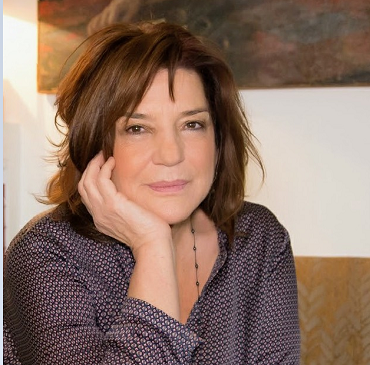
Foteini Tsalikoglou
Author and Professor of Psychology at Panteion University
Our psyche is a product of dialogue, as, from the moment that we are born, we are part of a relationship. There is no ‘I’ without an ‘other.’ From this initial condition derive the difficulties, but also the beauty, that shape the adventures of our psyche.
Appears on:
38
The Psychological Effects of a Year Living with Covid-19

Nikos Alivizatos
Emeritus Professor of Constitutional Law at the National and Kapodistrian University of Athens
Everyone has the right to define themselves as they wish, and to believe whatever they want, but when they coexist with others, they cannot set the rules of the whole game.
Appears on:
37
Τhe Power of Dialogue
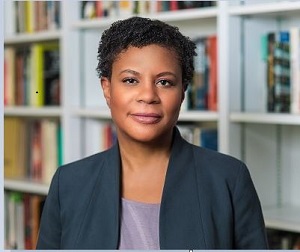
Alondra Nelson
President of the Social Science Research Council and Harold F. Linder Professor at the Institute for Advanced Study at Princeton University
More than ever before it’s both important to have real experts at the table and those who are not experts but live with the consequences of the decisions that are being made by a technocratic society.
Appears on:
33
The Interplay between Technology and Democracy: Pοtential and limitations

Thodoris Chondrogiannos
Journalist
Dogfighting is inextricably linked to other crimes. When we investigate the issue of dogfighting, it's like investigating arms and drug dealing.
Appears on:
23
Cruelty toward Animals


